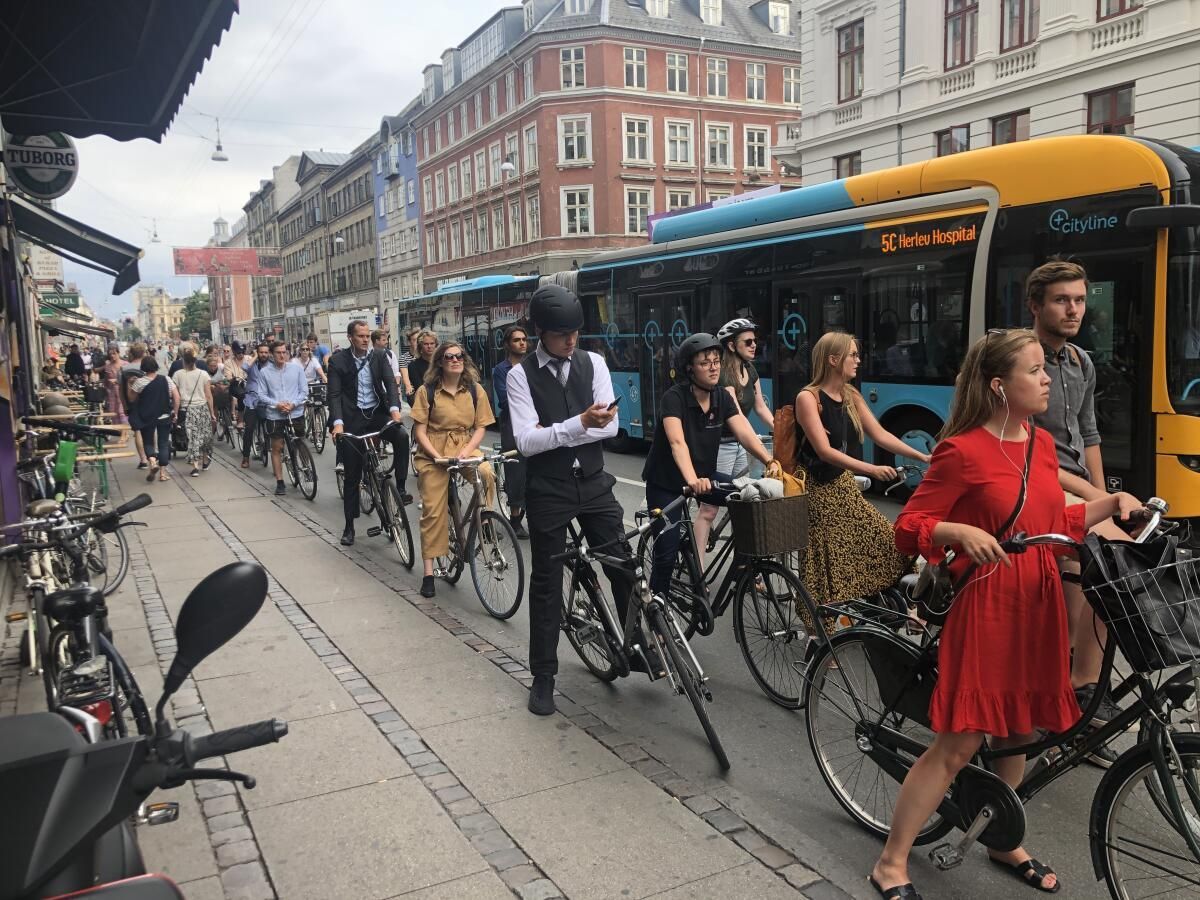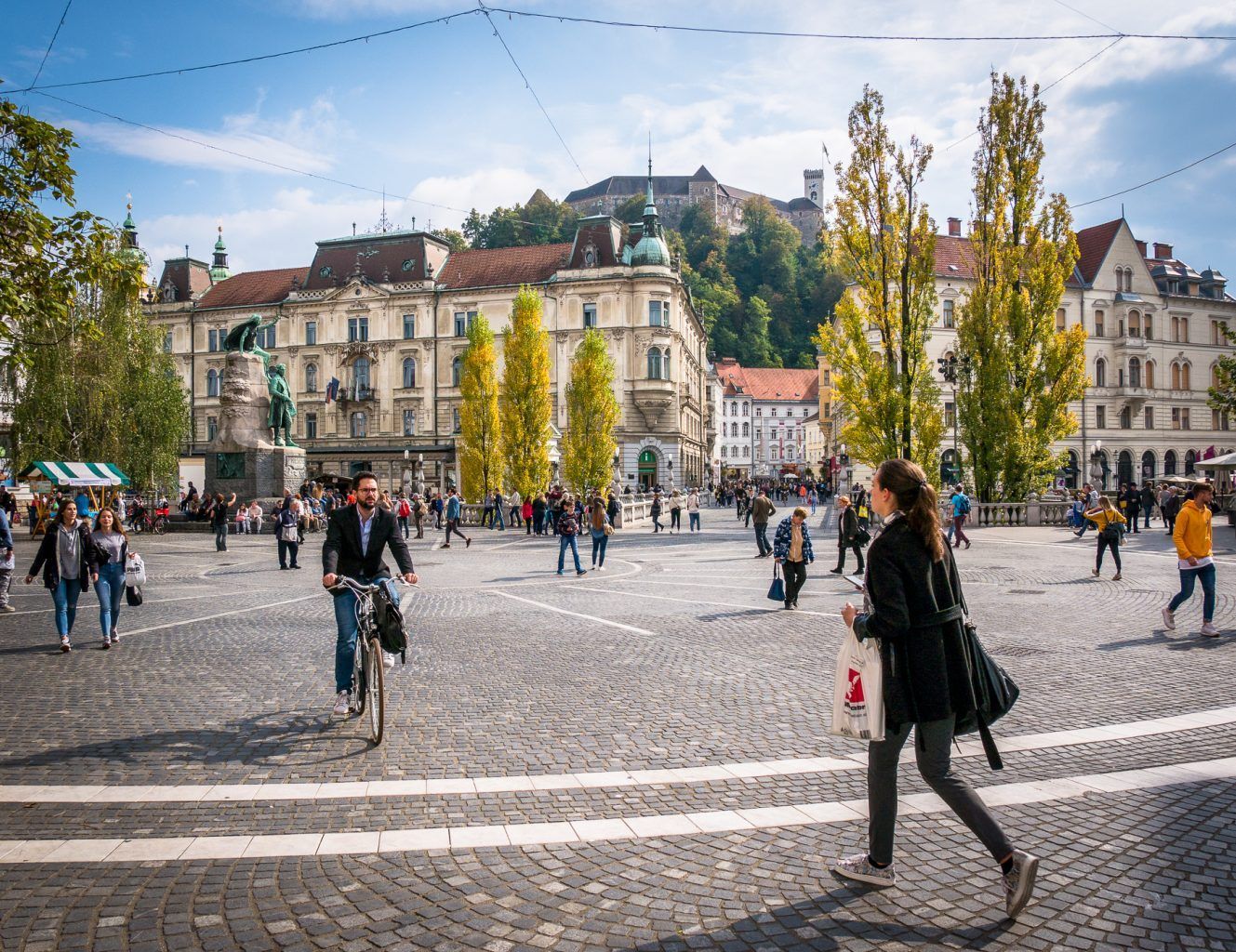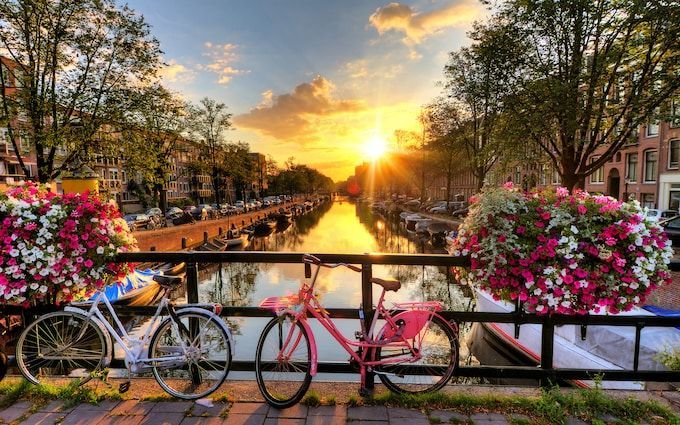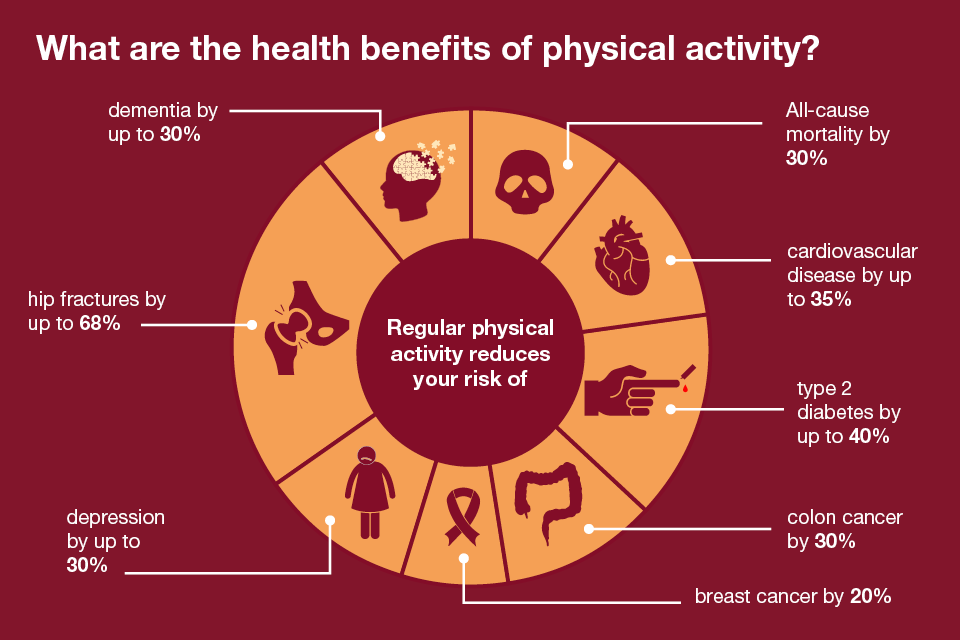Green Destinations – some of the most sustainable places and events to visit in 2025
Sustainable travel is no longer just a niche interest, it is an essential part of how we explore the world responsibly. In 2025, more destinations are prioritising eco-conscious initiatives, making it easier than ever to travel sustainably. Whether through excellent public transport networks, green-certified accommodations, or events that champion responsible tourism, these destinations and events stand out for their commitment to a greener future. Here are some of the top places to visit and events to attend in 2025 that offer sustainable travel options and infrastructure to match.
Sustainable destinations
1. Copenhagen, Denmark – A leader in sustainable urban travel
Copenhagen is consistently ranked as one of the most sustainable cities in the world. With an ambitious goal to become carbon-neutral in 2025, the Danish capital continues to enhance its green credentials. Being the world’s most bicycle friendly capital, visitors can explore the city by bicycle, thanks to its extensive cycle lanes, or make use of its efficient public transport system, which includes electric buses and a metro powered by renewable energy.
Beyond its transport network, Copenhagen offers eco-friendly accommodation, which prioritise renewable energy and waste reduction. The city also promotes sustainable dining and is home to several green Michelin star restaurants, with a focus on organic and locally sourced ingredients and re-using resources and re-thinking energy consumption into all processes.
Photo source: LA Times

2. Ljubljana, Slovenia – A compact, car-free green haven
Ljubljana, the capital of Slovenia, has been at the forefront of sustainable urban development for years. The city centre is predominantly car-free, making it one of the most pedestrian- and cycle-friendly destinations in Europe. An extensive and affordable bike-sharing scheme, along with electric-powered Kavalir vehicles, allows visitors to explore the city sustainably and at low cost.
The city's restaurants embrace the zero-kilometre philosophy as well as implementing a Green Supply Chains project within their hotels and restaurants, sourcing ingredients locally to reduce food miles.
Photo source: Explore your Worlds

3. Amsterdam, Netherlands – A cycling and public transport paradise
Amsterdam’s reputation as a cycling haven is well known, with its extensive network of bike lanes making it one of the easiest cities to explore on two wheels. The city also boasts a well-connected public transport system, including trams and buses which run on renewable energy.
Amsterdam has also been taking steps towards greener tourism, such as implementing visitor caps to reduce over-tourism and encouraging sustainable accommodation options, including eco-certified hotels and houseboats.
Photo source: The Telegraph

4. Switzerland – The gold standard in sustainable alpine travel
Switzerland has long been a leader in sustainable travel, with its world-class railway system providing an efficient and scenic alternative to flying. The Swiss Travel System enables visitors to traverse the country by train, bus, and boat, easily with 1 ticket and minimal environmental impact.
Zermatt, a car-free mountain resort, is a shining example of eco-conscious tourism. Visitors can take the scenic Glacier Express or travel on electric taxis within the town. The resort is powered largely by hydroelectricity and actively supports sustainable mountain tourism initiatives.
Photo source: Railbookers

5. Costa Rica – A pioneer in eco-tourism
Costa Rica continues to be a global leader in sustainability, with over a quarter of its land protected as national parks and reserves. The country’s extensive network of eco-lodges and conservation-focused tourism initiatives make it a top destination for responsible travellers.
Visitors can travel sustainably by using the country’s electric buses and eco-friendly shuttle services. Exploring destinations like Monteverde Cloud Forest and Corcovado National Park offers an opportunity to experience nature while contributing to conservation efforts.
Photo source: Costa Rica

6. Scotland – A leader in sustainable rural tourism
Scotland is making significant strides in sustainable travel, particularly in the Highlands and islands. The Scotrail Highland Explorer service allows visitors to travel from cities to the scenic countryside without the need for a car. Many of Scotland’s islands, such as Orkney and the Inner Hebrides, are investing in renewable energy and low-impact tourism.
The country’s accommodation scene is increasingly eco-conscious, with a rise in sustainable B&Bs, eco-lodges, and glamping sites powered by solar and wind energy.
Photo source: Rail Advent

7. Japan – a high-tech approach to sustainability
Japan has long been a pioneer in sustainable transport, with its world-famous Shinkansen (bullet train) network providing a low-carbon way to travel between cities. In recent years, the country has been expanding its fleet of hydrogen-powered trains and electric buses.
Kyoto stands out for its green initiatives, including strict regulations on urban development to preserve historical sites and a strong emphasis on public transport. Visitors can stay at traditional ryokan inns that adhere to sustainable hospitality practices.
Photo source: BBC

Sustainable events in 2025
1. Amsterdam Light Festival (December 2025 – January 2026)
A stunning festival featuring light installations powered by renewable energy, making it one of the most eco-friendly arts events in Europe.
Photo source: Winter Festival Amsterdam

2. Montreux Jazz Festival (Switzerland, July 2025)
Increasingly integrating sustainability practices, including free public transport, renewable energy use and waste reduction initiatives, this festival is one of Europe’s most environmentally conscious music events.
Photo source: MJF

3. Shambala Festival (UK, August 2025)
Renowned for its strong commitment to sustainability and having achieved carbon neutrality and eliminating single-use plastics, the festival prioritises renewable energy, ethical food sourcing, and a leave-no-trace ethos, making it a leading example of environmentally conscious events.
Photo source: Shambala Festival

4. Fuji Rock Festival (Japan, July 2025)
One of the greenest music festivals globally, with an impressive waste management system and a focus on local sourcing, reducing its environmental impact.
Photo source: Time Out

5. Women’s Rugby World Cup 2025 (UK, August – September 2025)
This major sporting event is working towards a more sustainable approach, with eco-friendly stadiums, green transport options, and waste reduction initiatives. The tournament, hosted across England, offers opportunities for visitors to explore the country sustainably while supporting women’s sport.
Photo source: BBC

Conclusion
As more destinations embrace sustainability, the future of travel looks promising. By choosing places that prioritise sustainability and attending events that encourage green choices, we can contribute to a more ethical and environmentally conscious travel industry while still experiencing the best the world has to offer.















